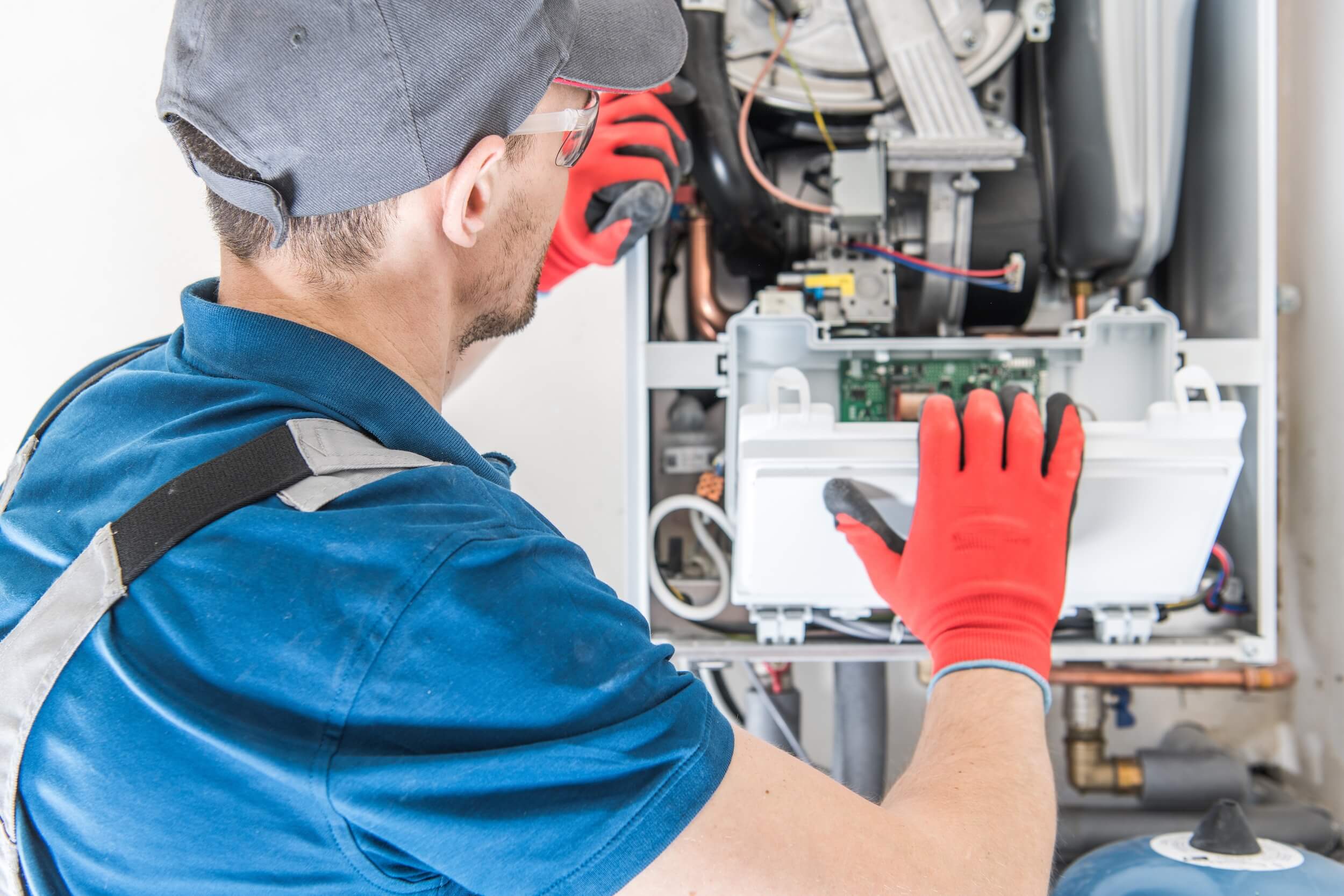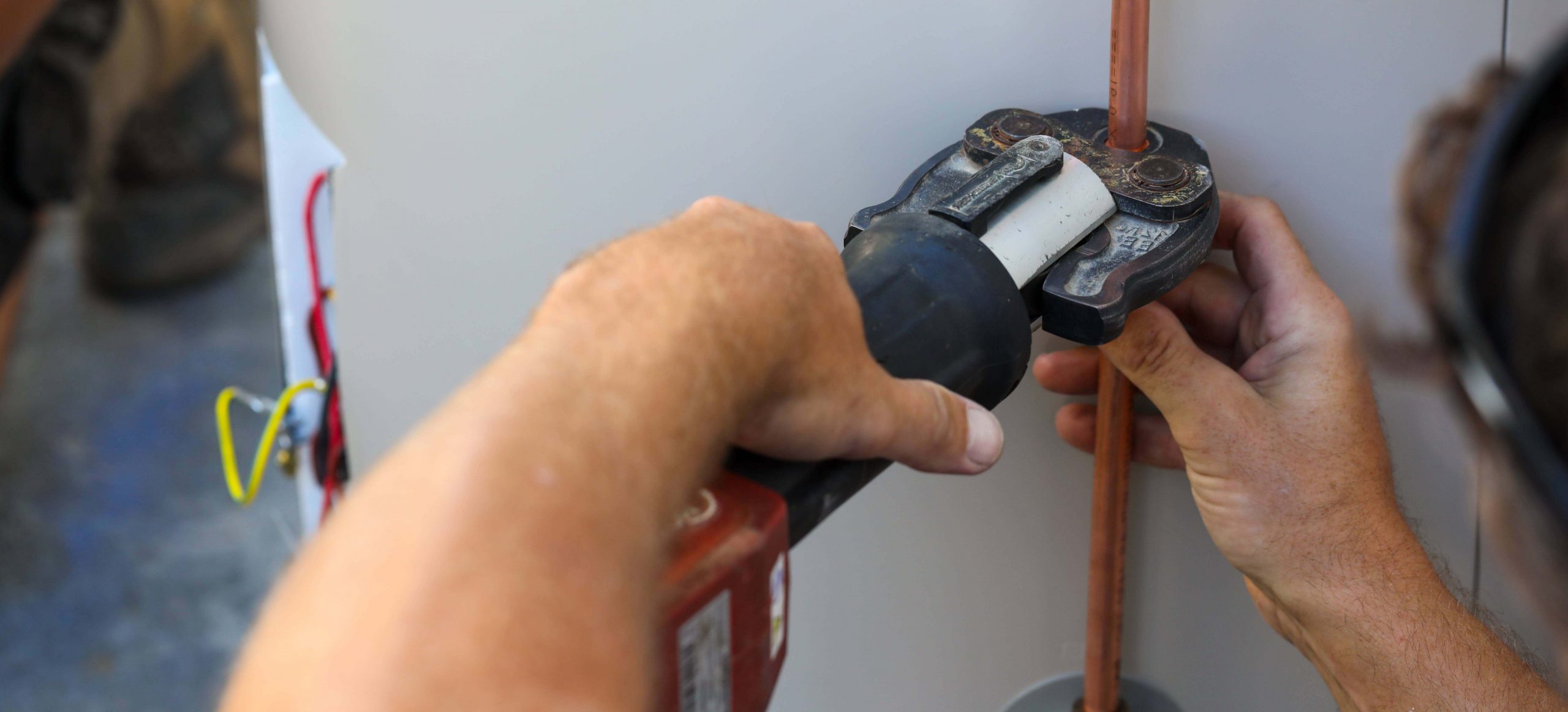Tackling the Typical Water Heater Crisis Scenarios
Tackling the Typical Water Heater Crisis Scenarios
Blog Article
The writer is making a number of good pointers on the subject of Common Hot Water Heater Problems overall in the content further down.

A water heater is one of one of the most important standard devices that can be discovered in a residence. With hot water heater, you do not need to experience the tension of home heating water by hand each time there is a need to wash, wash, or the recipes. There is always a possibility that your water heater would certainly act up as with most mechanical gadgets.
It is necessary to note any little breakdown as well as tackle it swiftly before things get out of hand. Most times, your hot water heater begins to malfunction when there is a build-up of sediments as a result of constant use. As a precaution, regular flushing of your water heater is suggested to prevent debris buildup and also protect against useful failure.
Typical hot water heater emergencies and also just how to handle them
Dripping water heater container.
In this circumstance, you must turn off your water heating unit, permit it to cool down, and meticulously look for the source of the trouble. At times, all you require to do is to tighten up a few screws or pipeline links in cases of small leakages. If this doesn't function and also the leak continues, you may require to use the solutions of a service technician for an appropriate replacement.
Varying water temperature.
Your water heating unit might start producing water of various temperature levels normally ice chilly or hot warm. There might be a demand to change either the home heating or the thermostat system of your water heating unit.
Too little warm water
Taking care of an insufficient supply of warm water can be irritating. It may be that the water heater can't sustain the warm water need for your home. To deal with this problem, you might attempt to adjust your heating system's temperature level dial and wait on a couple of minutes. You can ask for the help of a professional plumber if the issue continues. You might update your water heater to one with a bigger ability.
Tarnished or odiferous water
When this happens, you require to know if the problem is from the water or the container resource. You are specific that it is your water heating system that is malfunctioning if there is no funny scent when you run chilly water. The smelly water can be triggered by corrosion or the build-up of germs or sediments in the hot water heater tank. When you notice this, you can try flushing out your tank or changing the anode if the trouble lingers. The feature of the anode is to clean out germs from your storage tank. Because the anode pole replacement calls for an extensive understanding of your water heater, you will certainly require the aid of a professional.
Verdict
Some home owners overlook little warning as well as minor faults in their hot water heater device. This just leads to further damage and a possible total malfunction of your home appliance. You must take care of your hot water heater mistakes as soon as they come up to avoid even more expenditures and also unneeded emergency difficulties.
With water heaters, you don't require to go with the tension of heating water by hand every time there is a requirement to take a bath, do the washing, or the meals. Your water heater could start creating water of different temperatures normally ice cold or hot hot. It may be that the water heating unit can not support the hot water need for your apartment or condo. If there is no funny odor when you run cold water, after that you are particular that it is your water heating system that is faulty. The smelly water can be created by rust or the buildup of microorganisms or debris in the water heater tank.
What’s Wrong With My Water Heater?
Not Enough Hot Water
You probably encounter this problem in the shower or while washing dishes. As you run your water, you’ll notice it starting to cool down. Turning up the hot faucet may not work, or it may only heat the water for a short period. Your hot water probably comes back and works normally one or two hours after you use it up.
If you’ve never had enough hot water, your heater may be too small for your home. If you haven’t had a problem until recently, there’s probably something’s wrong with your heater’s thermostat. Try adjusting it to see if you can feel a difference. Even if the thermostat’s working, the heating element itself could have burnt out. It’s also possible that a clog has restricted water flow into or out of the heater. Luckily, none of these problems are hard to fix, as long as you call them in early.
Water is Too Hot
Unregulated water heaters can make water dangerously hot. You probably have this problem if you’ve been scalded by your hot water. It’s also a likely culprit if you have trouble getting your faucets to produce a comfortable temperature. This problem is easy to fix, but it can also be a serious health hazard if you don’t address it. If you think your water is too hot, don’t doubt yourself; look into it!
Start by finding your heater’s thermostat and mark its position with a pen. Turn the thermostat to a cooler setting. Wait a couple hours to see if the problem is solved. If it isn’t, listen for boiling in the tank and look for water that comes out of the faucet steaming. In those cases, your temperature-pressure relief valve may be malfunctioning. This is a serious problem that can be dangerous, so you should have it looked at right away.
Discolored or Smelly Water
If all your water looks rusty or smells weird, there’s probably a problem with your pipes. If only your hot water looks weird, however, your water heater is probably at fault. Hot water discoloration comes in several varieties. It could look orange or brown-ish, taste rusty, or feel grainy. It could also look yellow or green-ish and taste gross or feel slimy. Either way, it’s a sign that there’s something wrong with your water heater’s tank.
Usually, hot water discoloration means sediment has built up in your tank. Sediment is made up of hardened minerals that accumulate on the inside of the water heater’s walls. When enough sediment builds up, it causes all kinds of problems–including your discolored water. Try flushing your water heater tank to clean out built up sediment. If the water still tastes rusty, your tank’s rust-preventing anode rod may have worn out. A pro can replace an anode rod easily, but without one, your tank could rust beyond repair relatively quickly.
Leaking
Water heaters can leak from several different places, and each leak means something different. If the leak is coming from a pipe above the heater, it’s possible the tank itself hasn’t been compromised. The cold inlet, hot outlet, and T&P pipes could all leak from above. Try tightening the problematic valve. If that doesn’t work, then the valve or pipe will have to be replaced.
If the leak is coming from the bottom of the tank, it’s important to determine exactly where it is. The leak could be coming out of the drain valve or your T&P valve below the tank. You can replace those valves and preserve the tank itself. If you notice the water tank itself leaking, however, that probably means it’s corroded beyond the point-of-no-return. Leaking water heaters are a big deal, so you should get yours replaced ASAP.
https://www.punctualplumberdallas.com/blog/whats-wrong-water-heater/

I stumbled upon that blog posting about Common Hot Water Heater Problems while looking around the internet. Enjoyed our write up? Please share it. Let others find it. We take joy in reading our article about The Importance of Water Heater Maintenance.
Estimating Report this page